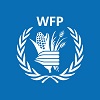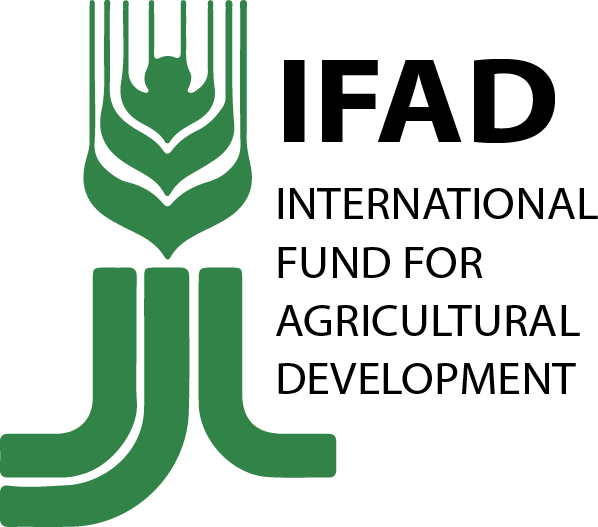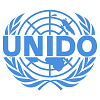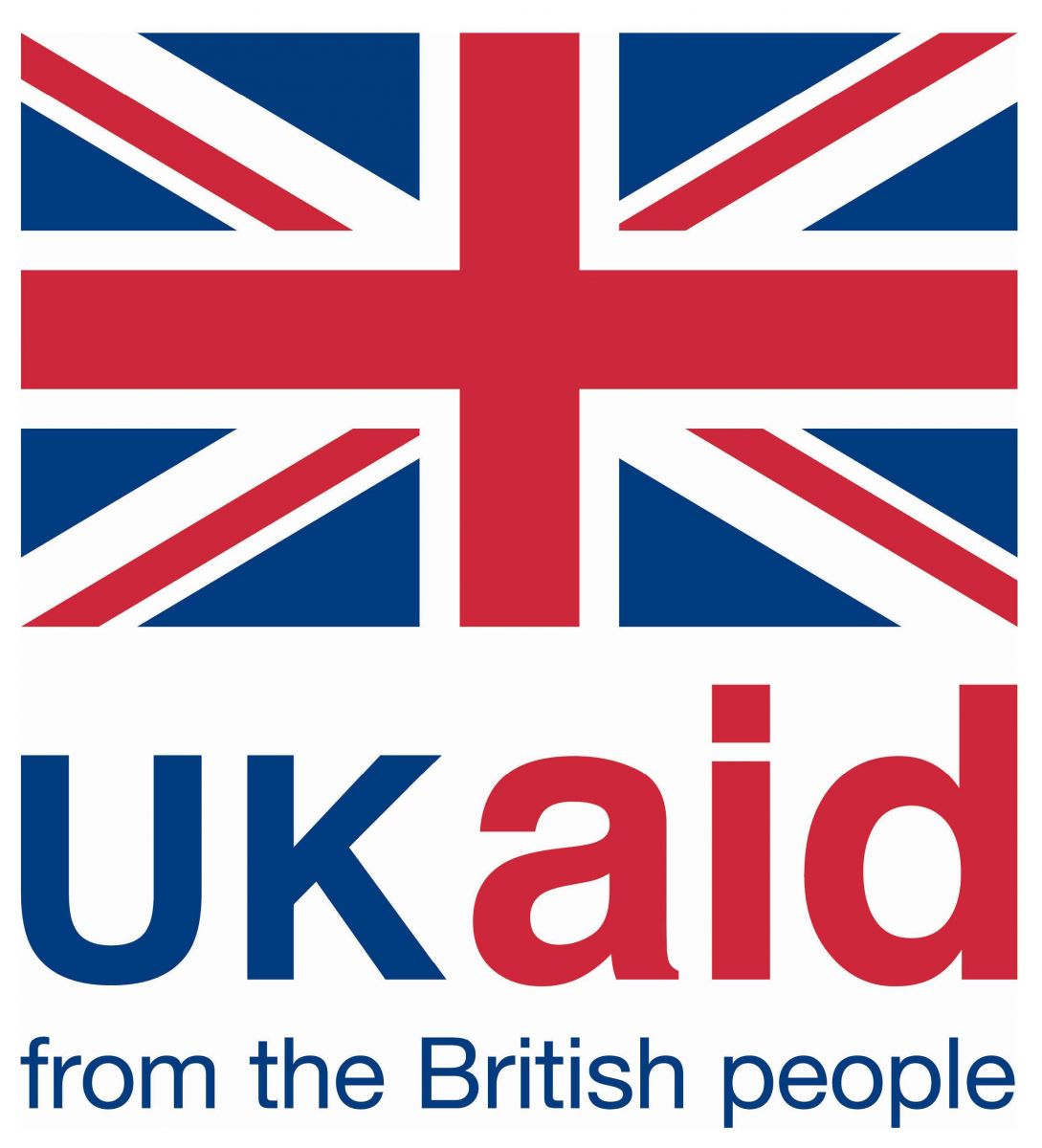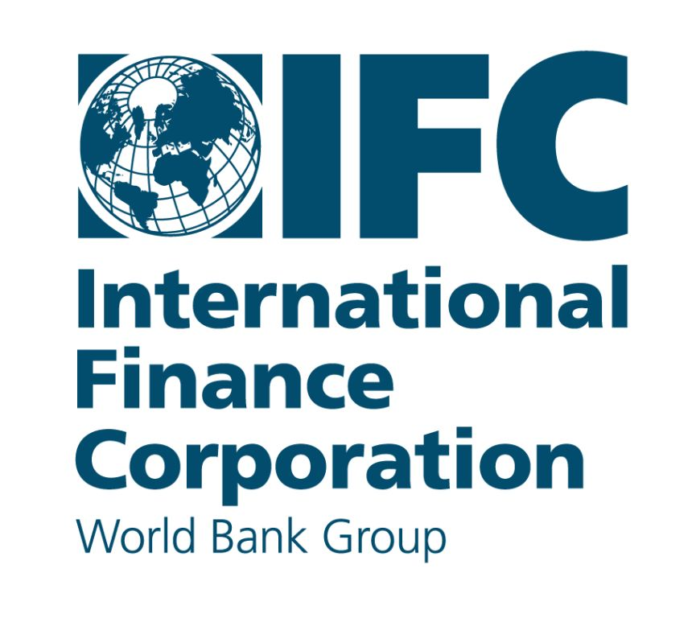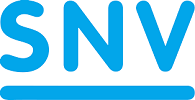Supported by the World Bank Group (WBG), particularly the International
Finance Corporation (IFC) and support from the Swiss Secretariat for
Economic Affairs (SECO). The Securities and Exchange Commission brought
together eighty-one (81) key stakeholders from the Central Bank (BOG);
Ghana Commodity Exchange (GCX); Financial Institutions; Ministry of Food
and Agriculture (MOFA), Brokerage Firms, Insurance companies, Farmer
Groups, Academia, and more, for a review of Commodity Exchange and
Warehouse Receipt System at the Alisa Hotel, Accra.
The Director General of SEC, Rev. Ogbamey Tetteh in his welcome address
highlighted the relevance of warehousing and the need to grow the
commodities market shepherded by a commodities exchange. He introduced the
role of the regulator, opining that they would play a key part in building
trust in the system.
Dr. Langyintuo (IFC Senior Technical Specialist for the Ghana WRS Project)
in his presentation on the Project, reported that trade in Africa is a big
challenge because of high risks, border related difficulties, standards,
policy uncertainties and export finance. He explained the role warehouse
receipts play in filling the gap for trade and collateral financing.
He recommended the following areas to be especially considered:
-
Ecosystem Considerations
-
Policy
-
Infrastructure
Dr. Langyintuo hinted that solutions could arise from friendlier tax
regimes, non-discriminatory access to markets, non-interference with the
functioning of the markets, honoring of internationally accepted standards,
abiding by contractual undertakings, and ensuring the sector is free from
corruption.
Dr. Kadri Alfah (Chief Executive Officer, GCX) gave an overview of the
Warehouse Receipt System and Commodity Exchange. He indicated that the
Ghana Commodity Exchange operates as a market and the WRS is a key
component.
Dr. Alfah iterated that the Exchange’s rules are designed in the context of
the Securities Industry Act and that it is a membership-based market with
brokers who trade for themselves and on behalf of others. Dr. Alfah shared
that the GCX has adapted its own standards for maize, rice and soy beans
using the GSA standards as a benchmark.
He highlighted GCX’S current situation as follows:
- Identified 6 warehouses in Tamale, Wenchi, Ejura (3 warehouses) and
Kumasi
- 65 members, including 2 Banks and off-takers with capacity to buy
- New office and trading platform almost ready
- Auction traded over 6,000 mini bags (this was designed to test the system
which has been successful so far)
- Maize contracts designed
- Capacity building of market actors has commenced (40 trained)
The way forward according to Dr. Alfah is to get rules for the Exchange and
WRS approved by SEC; passage of the WRS Legal Instrument (LI) and the
Borrowers & Lenders Bill and build capacity of bank staff and other key
stakeholders.
He stated that the bell for the commencement of official trading activities
on the GCX platform is expected in November 2018. Finally, Dr. Alfah
mentioned readiness of the warehouses; commodity price vitalities; getting
interest rates below 20% for financing WHR; readiness of banks; banks
accepting GCX performance bond for warehouse operations and passage of the
WR and Commodity Exchanges’ regulations.
On the part of SEC, Evelyn Essien (Head of Exchanges) said SEC’s
regulations are aimed at controlling behaviors of Exchange actors in the
commodity market. She stated that the regulatory powers would be derived
from Securities Industry Law, 2016 (ACT 929) and along the line, guidelines
and circulars could be issued by SEC. SEC, according to Mrs. Essien, will
keep a close eye on possible market abuse and crimes under the Act such as
false trading and would apply penalties and other disciplinary measures
such as revocation and suspension when necessary. Mr. Caliis Baidoo (Head
of Legal, SEC) shared the regulatory components of the WRS, clarifying the
role the WRS played within the context of a Commodity Exchange, so that
they are clearly distinguished.
The session ended with a round table discussion chaired by Mr. Paul Ababio
(Deputy Director General, SEC), with Mr. Robert Owoo (Project Director,
GCX), Dr. A. Langyintuo and Caliis Baidoo, opening the floor for all
participants to seek clarifications or share their own comments on the
areas of operationalizing the WRS/ GCX; the role of technology, and other
general business opportunities that would emerge as part of the Exchange
ecosystem.
About Ghana Commodity Exchange (GCX)
GCX is a market / platform which brings buyers and sellers together to
trade commodities including agricultural commodities, and as a body,
guarantees the quantity and quality as well as prompt settlement (cash and
delivery) of all products traded on the platform. This shields both buyers
and sellers from physical and financial losses. GCX is regulated by the
Securities and Exchange Commission and is managed by an experienced team of
professionals with varied work experiences across the commodity value chain
both in Ghana and abroad.
